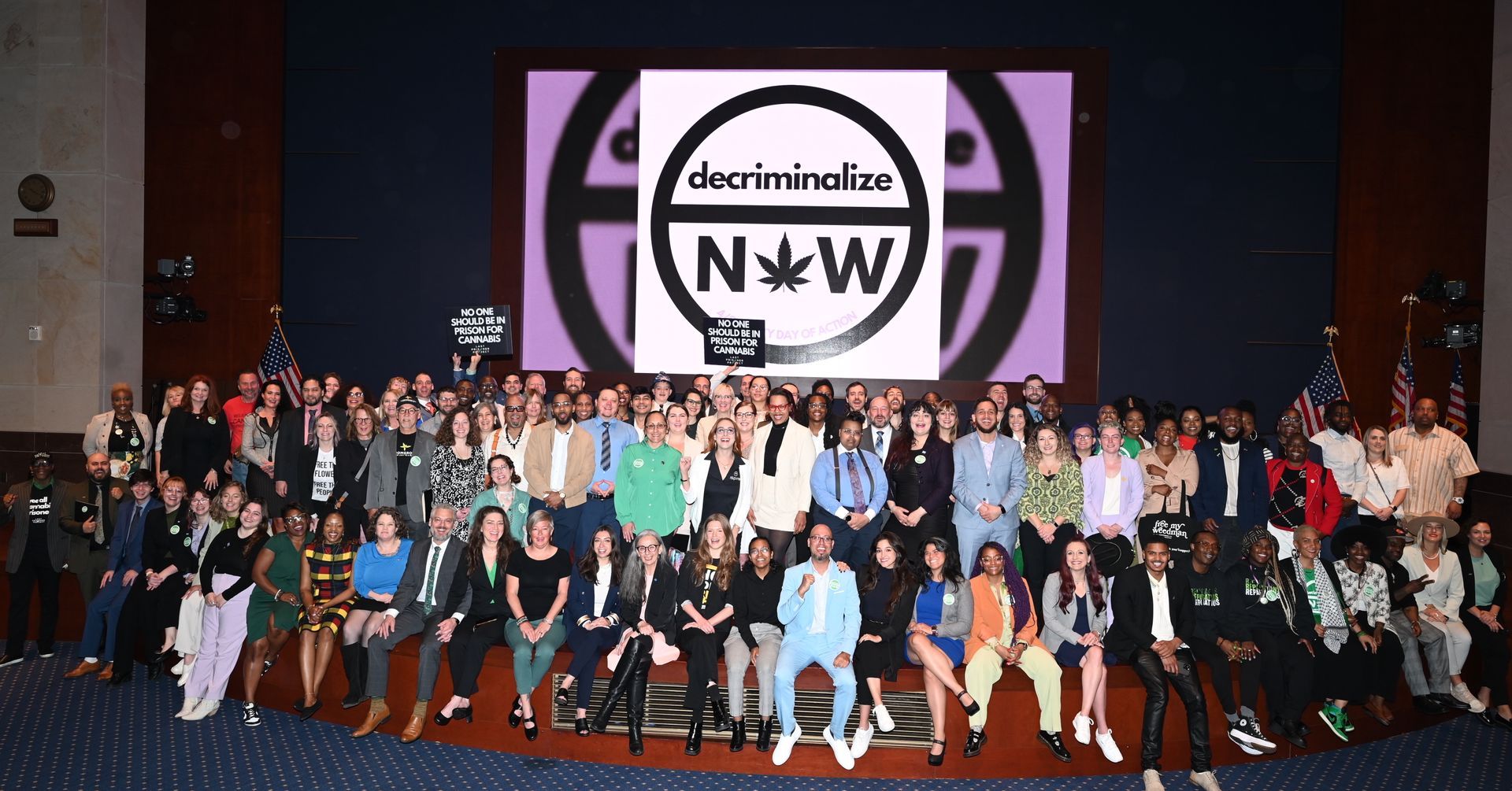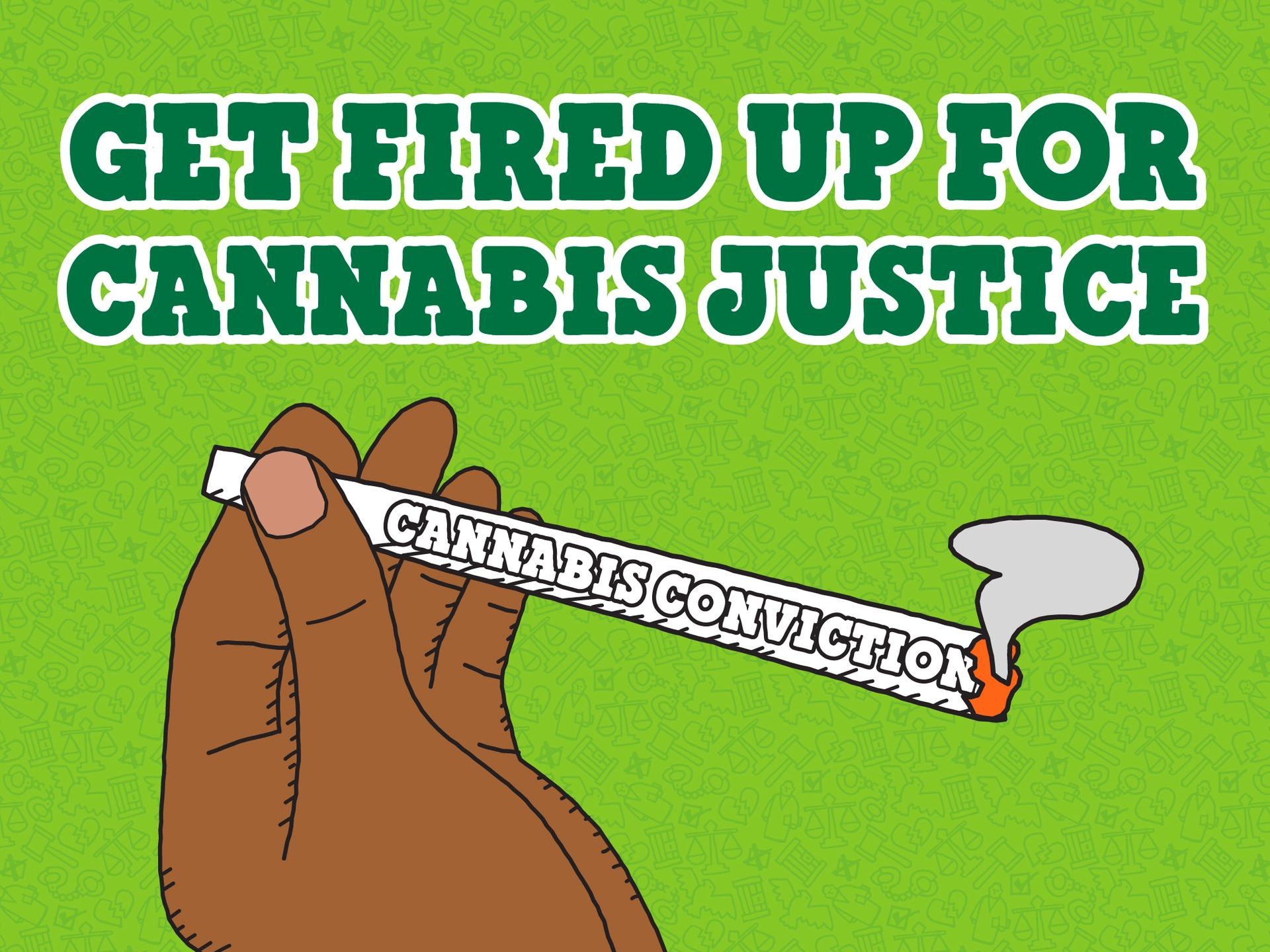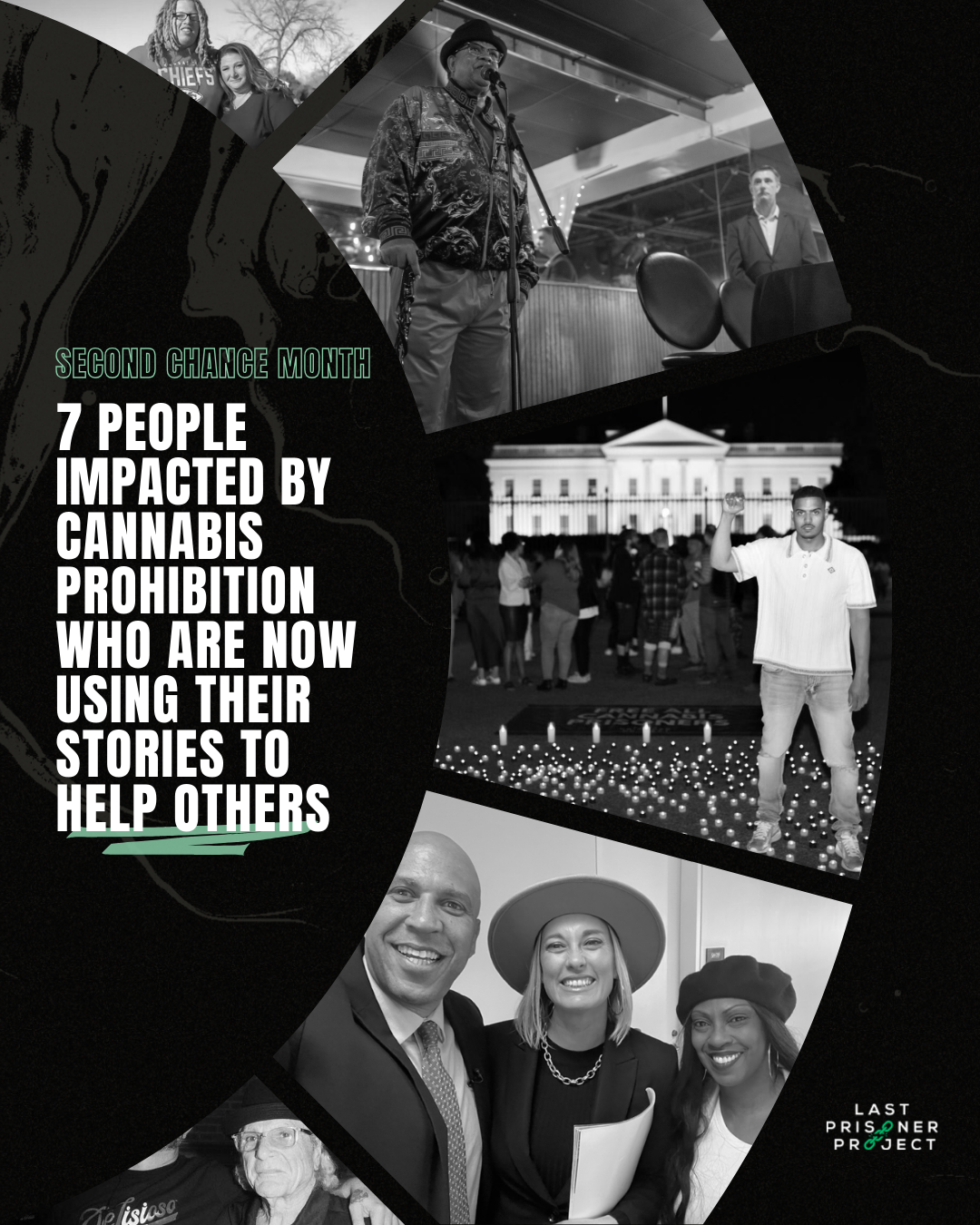Dutchie and Last Prisoner Project Reach $2M Fundraising Goal with Leading Tech Platform Matching $1M in Donations to Help End Victimless Cannabis Criminalization
Funds raised have contributed directly to legal representation that has saved Last Prisoner Project constituents from 100+ years of prison time and new grants to help formerly incarcerated individuals reenter society
August 27, 2024 -
Dutchie, the technology platform powering cannabis commerce, and
Last Prisoner Project (LPP), a nonprofit dedicated to undoing the harms of the failed war on drugs and releasing people who are imprisoned on cannabis charges, today announced that their goal of $2 million in donations has been achieved. Over the past two years Dutchie has coordinated donations to LPP from dispensary partners and cannabis consumers, putting a call to action on all of their receipts and matching $1M in donations. Dutchie’s work has also included coordination and support across several of LPP’s efforts, including expungement of criminal records, re-entry support, criminal justice public policy reform, industry event coordination, and technological avenues to exponentially increase charitable contributions.
"Dutchie is committed to acknowledging and undoing the harms done by cannabis prohibition and we’re thrilled to reach our fundraising goal for Last Prisoner Project," said Tim Barash, CEO of Dutchie. "We cannot erase past injustices that people and communities have experienced as a result of decades of failed cannabis policy, but we can work to support those who have been harmed. We remain committed to advancing our shared vision to release those behind bars for non-violent cannabis offenses and thanks to the dedication of the entire Dutchie ecosystem, we’ve been able to scale our impact and drive tangible progress.”
More specifically, the funds raised and donations matched from Dutchie’s ecosystem of dispensary partners have contributed to the arrangement of pro-bono legal representation through LPP’s
Cannabis Justice Initiative with the National Association of Criminal Defense Lawyers, which has spared constituents more than 100 years of prison time, including four individuals serving life sentences.
The donations also supported the creation of the
State of Cannabis Justice Report, which tracks the progress individuals states need to make in repairing the harm done by prohibition and the War on Drugs, along with the
Pardons to Progress and
Pen to Right History campaigns, which has organized the sending of over 11,000 letters to governors and the president urging them the take greater clemency action.
"We are proud of the funds we’ve been able to raise through this partnership,” said Mary Bailey, managing director of LPP. “During this campaign, we have been able to redress the harms of cannabis prohibition by advancing crucial criminal justice and drug policy reforms. Our work is not possible without the support of the legal industry and those who power it, like Dutchie.”
Despite reaching the match goal, Dutchie is committed to a long and fruitful partnership with the LPP to advance needed criminal justice reforms and will continue to leverage its network of thousands of dispensaries and partners to make an even greater impact in supporting LPP’s ongoing initiatives. In addition to this partnership, Dutchie's social equity program continues to support BIPOC and women-led dispensaries through training and marketing stipends. Dutchie is also a member of the
Minority Cannabis Business Association.
Donations to LPP can continue to be made through Dutchie via this link:
https://business.dutchie.com/dutchie-lpp
About Dutchie:
Dutchie is the cannabis technology platform powering cannabis commerce, streamlining dispensary operations, and providing safe and easy access for consumers. Powering over 6,000 dispensaries throughout the U.S. and Canada and facilitating tens of billions in sales annually, Dutchie is a one-stop-shop, providing solutions for point of sale, ecommerce, seamless payments, and more.
Dutchie does not own retailer data, nor does it share or sell individual customer data with third parties. The above information reflects aggregated higher level insights intended to enable our operators to to make more informed decisions on how best to cater to the experiences and products consumers are looking for.
With affiliations and memberships including the United States Cannabis Council and the Last Prisoner Project, Dutchie aims to open minds to the positive societal change that cannabis brings to the world. Dutchie's solutions directly serve dispensaries and consumers alike. To learn more, please visit: https://dutchie.com.
About Last Prisoner Project:
The Last Prisoner Project is dedicated to freeing those incarcerated due to the War on Drugs, reuniting their families, and helping them rebuild their lives. As laws change, there remains a fundamental injustice for individuals whose conviction is no longer a crime. We work to repair these harms through legal intervention, constituent support, direct advocacy, and policy change.
Visit www.lastprisonerproject.org or text FREEDOM to 24365 to learn more.






